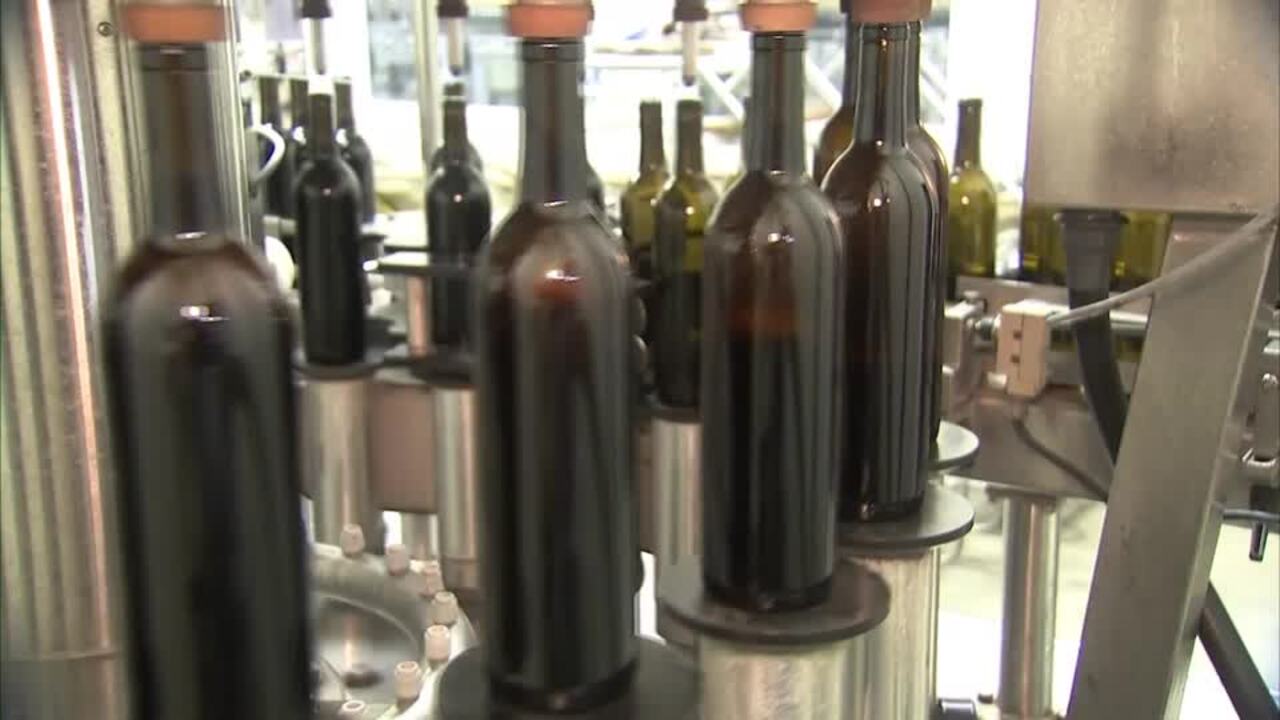
Australians, in general, understand that alcohol consumption is linked to a range of harms. However, many vulnerable people don’t realise that cancer is one of the risks.
It is time that we raise awareness of this important link.
Early this month US Surgeon General Vivek Murthy issued his final advisory message. “Despite clear evidence demonstrating the effect of alcohol consumption on cancer risk,” he wrote, “there is a large gap in public understanding of the risk.”
There is nothing controversial about this statement yet it seems to have provoked pushback from people who should know better.
In Australia roughly three deaths in every 10 are attributable to cancer. Death from cancer can be particularly miserable, not only for the person dying but also for family members and friends. It often comes after a period of cancer treatment and increasing pain and enfeeblement.
While palliative care in Australia is compassionate and relieves suffering, the road to end-of-life care is often miserable.
Some male commentators have gone public in trying to downplay the role that alcohol consumption plays in breast cancer. This does women a disservice and puts them at risk.
While there are many factors associated with breast cancer – diet, lifestyle, genetic risks – alcohol is a risk factor that can be changed. Women can choose to drink less to protect themselves.

Let’s look at the facts. Each year more than 20,000 Australian women will find out they have breast cancer and roughly 3100 will die from their disease. Because of screening programs and high levels of awareness of the disease, many women will have their cancer diagnosed at an early stage. Death from breast cancer is the tip of a very large iceberg of underlying illness.
The high likelihood that Australian women will survive breast cancer is a tribute to the enormous amount of effort and education that goes into combating the disease. However the treatment – often a combination of difficult surgery, chemotherapy and radiation treatment – can be harrowing to go through. Breast surgery can have a strong emotional effect of many women.
It is likely that alcohol consumption is linked to about 10 per cent of all breast cancer deaths globally. The authors of a recent comprehensive review singled out Australia and New Zealand as places where alcohol consumption seemed to play a major role in breast cancer causation.
Because breast cancer is so common and because there are other risk factors for the disease, some commentators attempt to downplay the role alcohol plays.
Overall additional risk that alcohol adds, over and above other causes of breast cancer, is about 10 per cent. However the risk increases even more for women who drink after the menopause.
Taking death as an endpoint is a terrible deception. Only a minority of women who receive the terrible news that they have breast cancer will succumb to the disease.
The treatment involved across many years can be debilitating for some women. Many will have to use hormone-modifying treatments for a decade or more after their chemotherapy ends.
There is more to the problem. That is fear; for many years living in fear that the cancer will return in some way. It is the unspoken feeling of loved ones. Women also find themselves living with the results of breast surgery or mastectomy. Having cancer treatment can bring on an early menopause or take away the chances of having children. These are profound consequences that have a deep effect on many women and their families. Last, alcohol use may increase the risk that a treated breast cancer will recur. There is also some evidence that women with the same type and stage of breast cancer may have an increased risk of dying if they drink more. There is no good news anywhere about alcohol use and breast cancer.
Looking at the big picture, we all recognise that alcohol causes harm to many Australians and to our community as a whole. It is associated with a range of non-cancer health conditions, with road accidents, with domestic violence, and does billions of dollars of harm to our economy at a fragile time.
The good news is that alcohol consumption in Australia is gradually falling across time.
This is a trend we should welcome. It means that judicious use of alcohol, in a safe way that does not increase the risks of disease or trauma, is something Australians can aspire to.
The US Surgeon General used scientific data in the hope of raising awareness that alcohol use by women is associated with the risk of breast cancer. He pointed out that in the US – as here in Australia – awareness of the link is low across the community. Understanding risk allows us to make choices. Women must be empowered with information so they can make informed decisions. Talking the risk down puts women at risk and is paternalism at its most ugly.
Steve Robson is a surgical specialist who manages women with breast cancer.





Drinking alcohol increases your risk of cancer. It is important to point this out because public awareness of this fact is low.